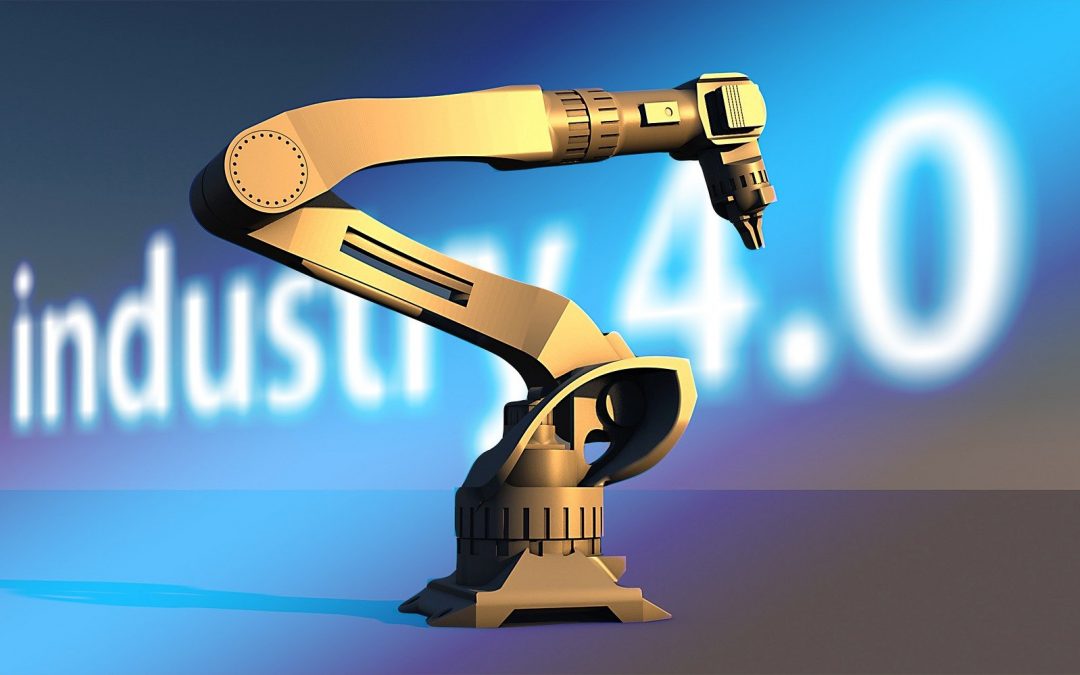Artificial Intelligence, robotics, autonomous vehicles, Blockchain, Big Data, the Internet of things, 3D printing, quantum computing, nanotechnology… Technology is gaining more importance in our lives and the current global pandemic has accelerated this process of digitization and the arrival of a new stage: the Fourth Industrial Revolution. The potential, accelerated growth and impact of these new technologies are the equivalent of the steam engine in the First Industrial Revolution, electricity and oil in the Second Industrial Revolution or information and telecommunications technologies in the Third Industrial Revolution. Thus, as in these previous revolutions, the arrival of a new phase means that both people and companies need to adapt to a new reality.
According to this report by the World Economic Forum, by 2025 automation will already be as present in jobs as humans. Specifically, 47% of global work will be automated, compared to the 33% that was estimated to be in 2020, so the destruction of many jobs is expected, but also the creation of many others that don’t exist yet. To face this transformation process and adapt to the new job market, it will be necessary to acquire new skills and key competencies that will make a big difference between those who acquire them and those who do not.
1. Problem solving
As we always say, computational thinking is the skill of the 21st century. Problems arise daily and in any field, but the ability to solve them is especially valued within the professional field. The ability to analyze and find patterns, the use of abstraction and the algorithmic design of solutions are the basis for finding new strategies and solutions for new problems.
2. Creativity
Creativity helps us to differentiate ourselves from others and create all these innovative solutions. More and more people will probably acquire the same technical skills and also there are already robots which can carry out some tasks, so that proposing new ideas and developing creative solutions will be a remarkable skill in a world that evolves faster and faster and that every day shows new proposals and new ways of carrying them out.
3. Empathy and teamwork
Empathizing with other people is essential, both to create the best solutions for problems they may have and to be able to work together with project partners. If we know how to work as a team and take advantage of each other’s strengths and expertise, we will be much more efficient when creating solutions that take into account the needs of those who are asking for them.
4. Critical thinking
In this sense, to get to understand each other with a work team or with someone who is explaining a problem to us, the first thing we must do is listen. In turn, if we listen carefully to others and the ideas they put forward, we will be able to know different points of view and will learn to analyze problems and face them from different perspectives. If we develop critical thinking, it will be much easier for us to find creative and effective solutions to any problem.
5. Communication and leadership
Once we have an idea or want to share an opinion on an issue, it is important to know how to communicate in a clear and understandable way. Adopting an appropriate register, having a good capacity for argumentation and knowing how to communicate what we want to our listeners is key to develop our idea or to involve others and make them believe in a project that we are leading.
6. Organization and self-management
The ability to organize and manage all the resources we have (time, money, material resources, human resources) in the best possible way is also a highly valued characteristic. Knowing how to analyze the resources we have to make the most of them will obviously help us to create solutions in a faster, simpler and smarter way.
7. Coding skills
Finally, it is important to highlight some technical skills. Programming is already part of our lives, but it will have an increasing role in our daily lives. For this reason, learning to code will be as necessary as learning to read or write, since in a world where everything works through software, ignorance about its language will make us lag behind and be at a disadvantage.
One of the great challenges of the 4th Industrial Revolution is trying to adapt as many people as possible to this transformation process. Therefore, it is essential that they can previously have access to training that is related to the new reality and that helps them acquire the necessary skills so as not to be left behind. In this sense, a change in the educational system will be necessary, as well as activities such as Codelearn, whose main objective is the development of computational thinking (problem solving), a skill that children and adolescents can acquire through learning programming, both in our after-school program and learning to code at school.

